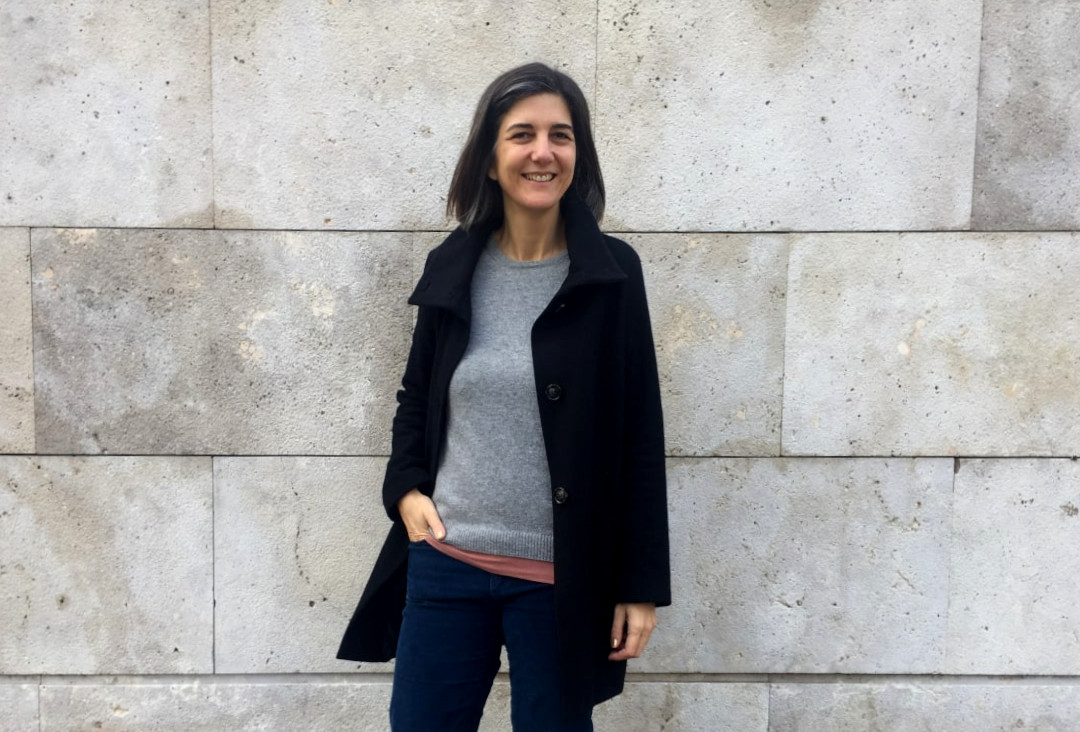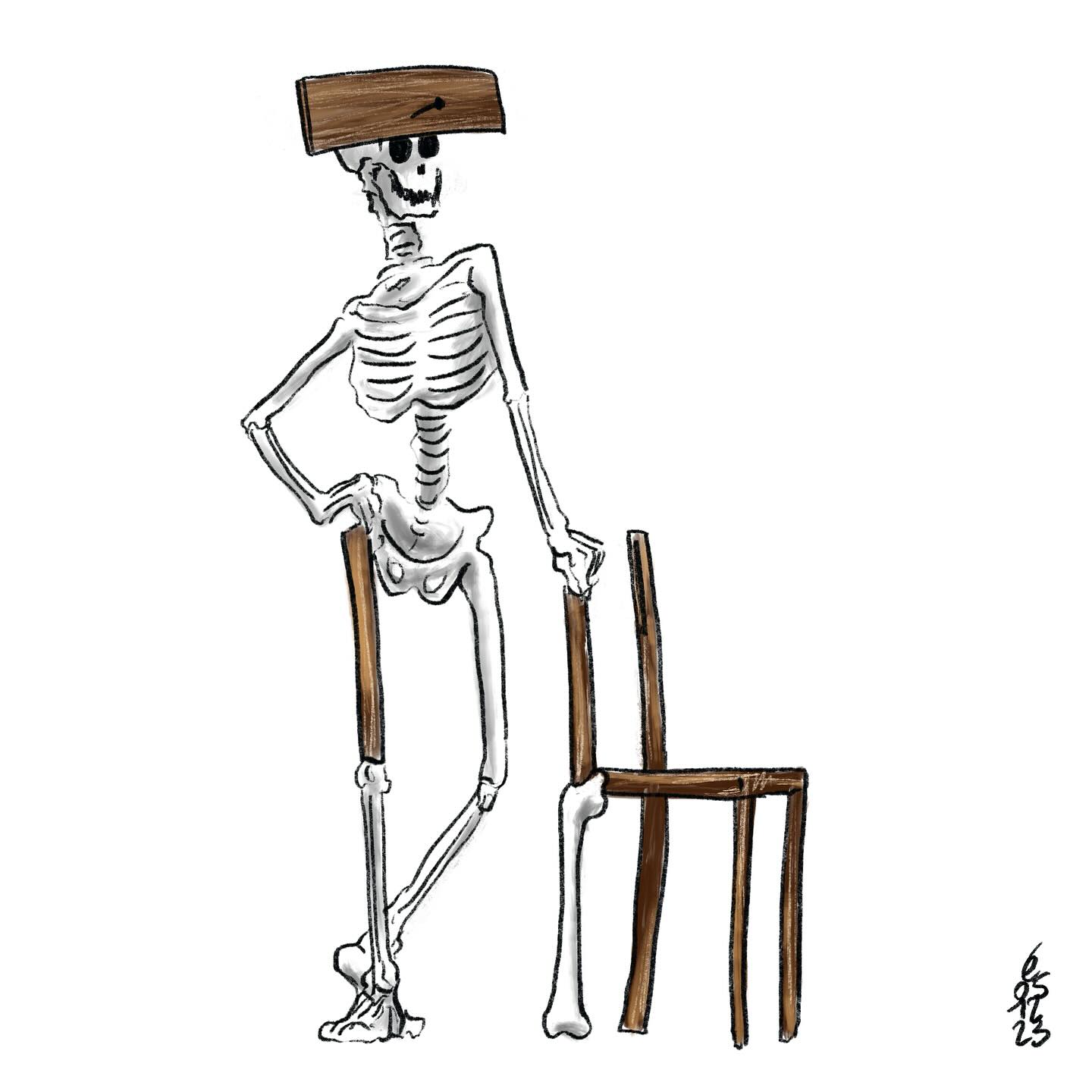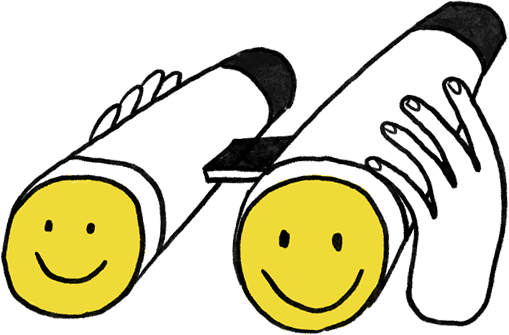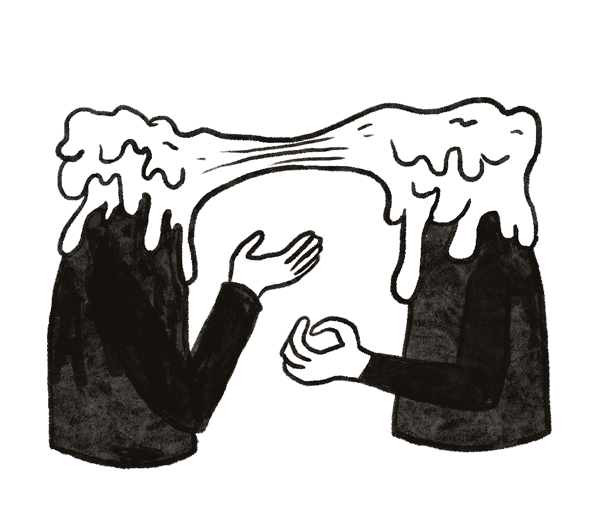
You’re having coffee with your group of friends and you say that you’ve been having back pain lately, that maybe it’s time to change your mattress. You get home, spend some time in social media and… mattress ads appear. Has it happened to you?
It seems that the internet (or rather, the big internet companies) know everything about you. They collect all our data and we never know for sure what they do with it. The big tech companies are the ones who possess our personal and private information and can do with it whatever they want. Given this enormous and dangerous concentration of power, isn’t it fair and necessary for citizens to make use of their right to information and be able to know, debate and decide on these issues?
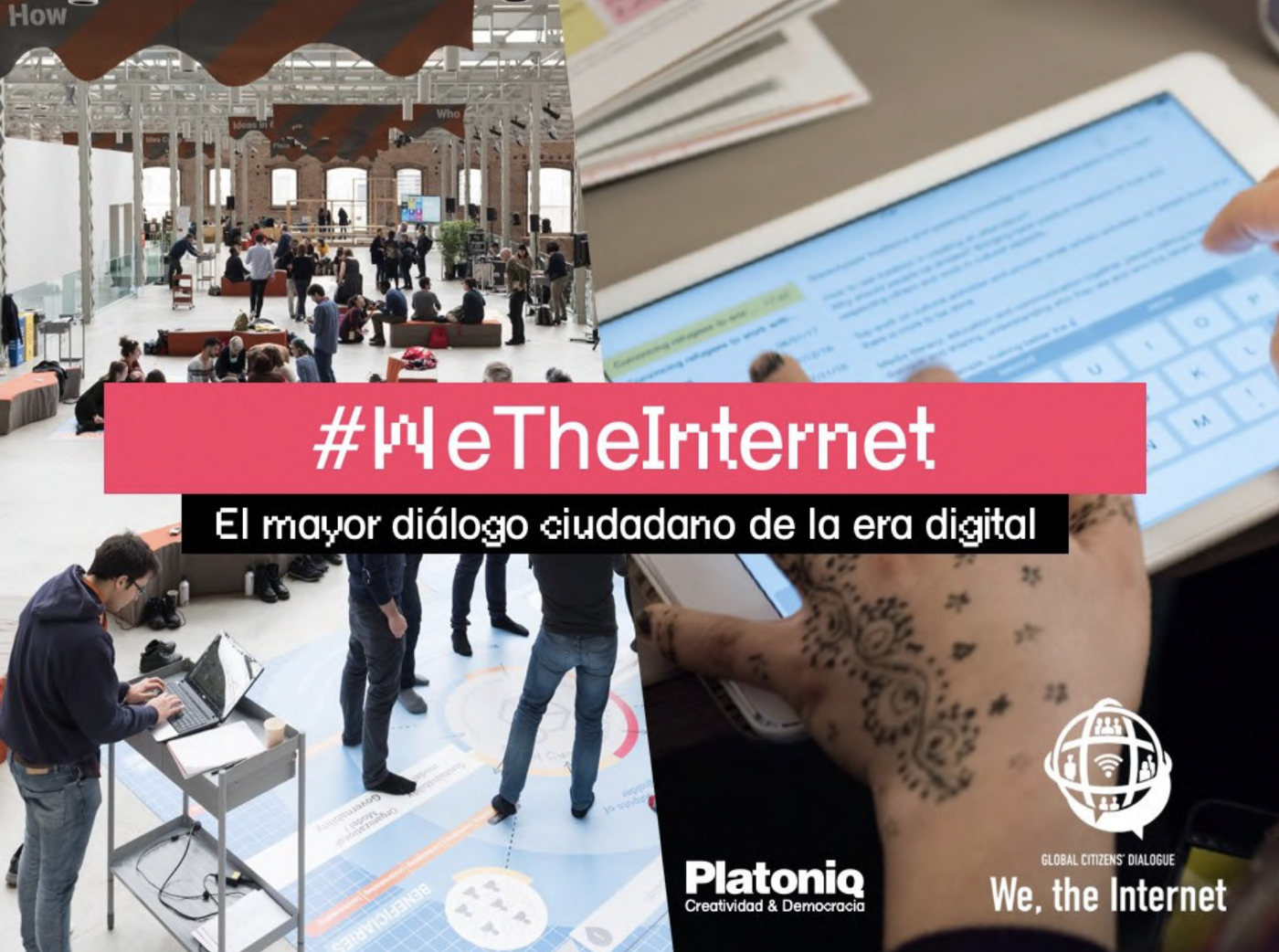
#WeTheInternet: The largest Citizens Dialogue of the Digital Age
cc-by-sa Platoniq
This is the idea behind #WeTheInternet, the largest global citizen dialogue of the digital age. Its aim: to bridge the gap between citizens, experts and policy makers, with the idea of influencing local and global decision-making.
The dialogue, led by Missions Publiques, took place in 2020 in 78 countries. An unprecedented event that served to gather recommendations from citizens regarding the use of the Internet and what its future should be.
In Spain, the dialogue was implemented by Platoniq, as a social innovation laboratory that firmly believes in technology and citizen participation to improve societies. Here we present the official report that collects all the results, methodology and reflections that emerged.
You can read it here.
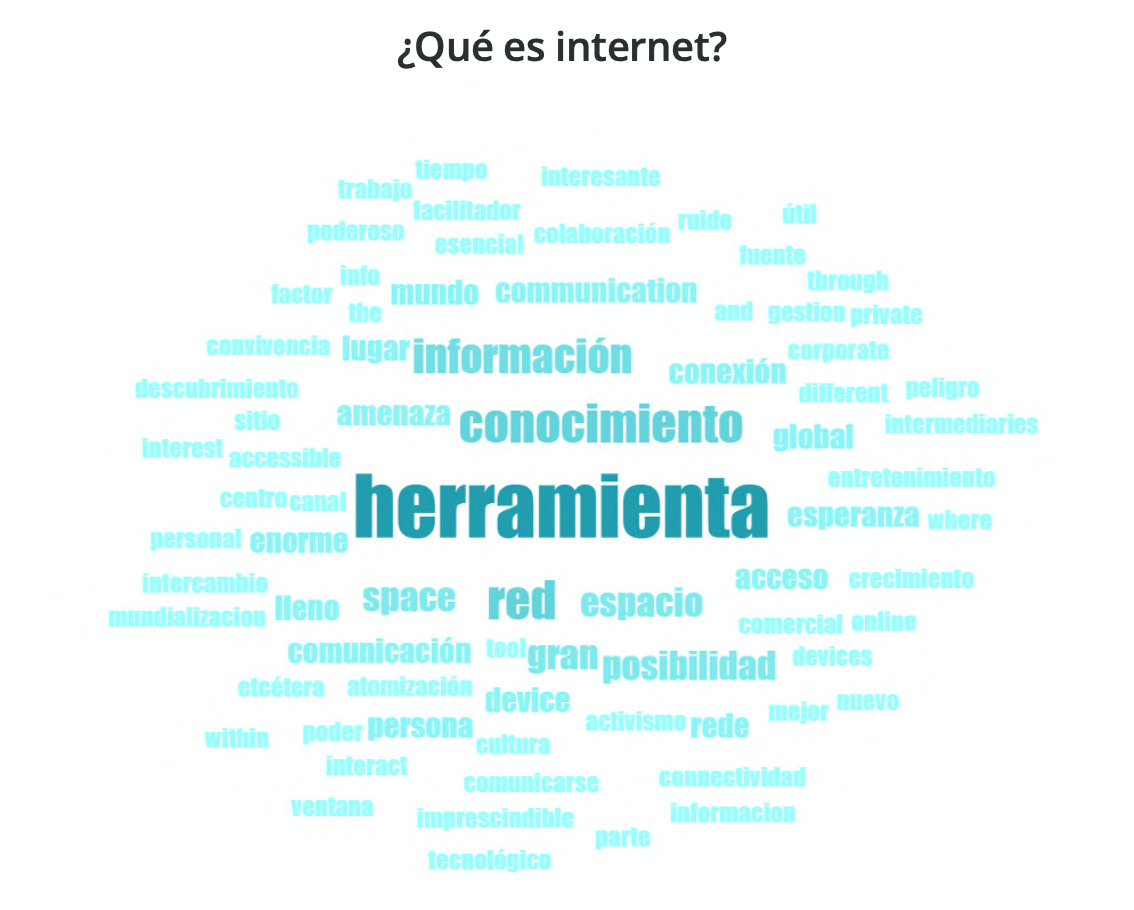
What is internet? (Some answers: tool, knowledge, information, network, global, access, hope)
cc-by-sa Platoniq
This dialogue has allowed us to visibilize that citizens perceive the Internet as an opportunity for entertainment and social interaction, as well as a source for economic or commercial development. However, they also perceive it as a threat because it compromises their privacy and is not considered a safe space.
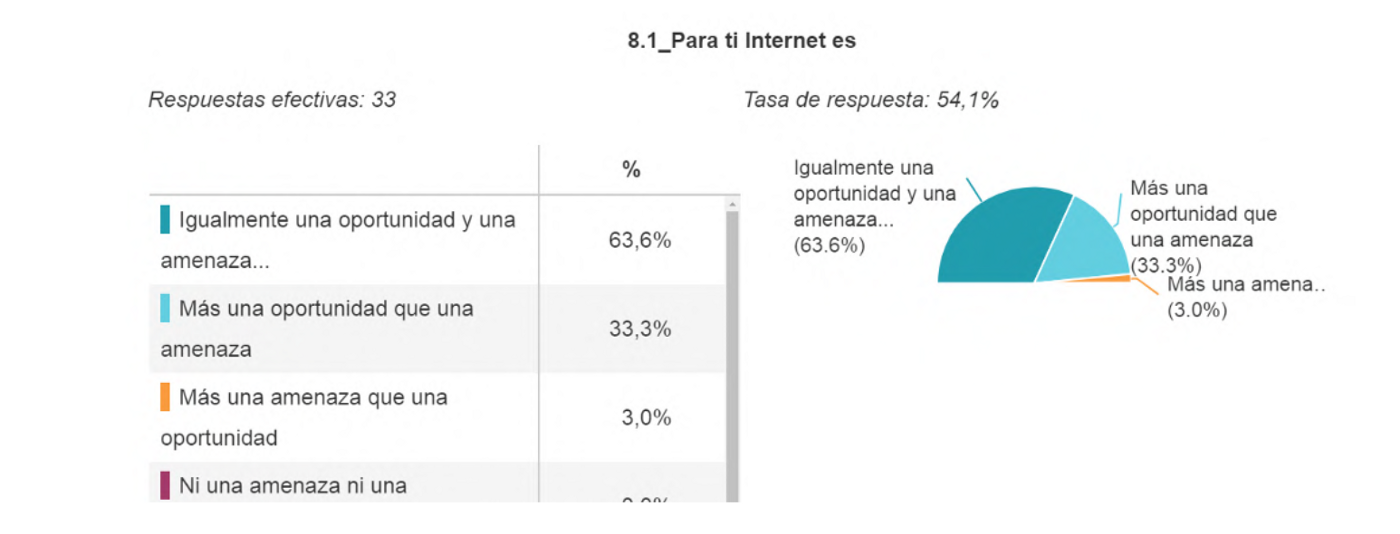
To you, the Internet is… (Both a threat and an opportunity, more of an opportunity than a threat, more of a threat than an opportunity, neither an opportunity nor a threat)
cc-by-sa Platoniq
The participant group has strong hopes and fears for the future of the Internet. They want the Internet in 2040 to be more democratic, inclusive, accessible and for digital developments to serve the greater good of humanity. They want to avoid the Internet becoming so important that it leads to health problems, tremendous unemployment, environmental problems, loss of social interactions, online abuse or cyber attacks. To achieve this desirable future and avoid ending up in these fears, the key is a robust Internet governance system. Citizens strongly support a global, multi-stakeholder approach as the way forward for the Internet and its governance. In this scenario, citizen deliberation is seen as a crucial instrument.
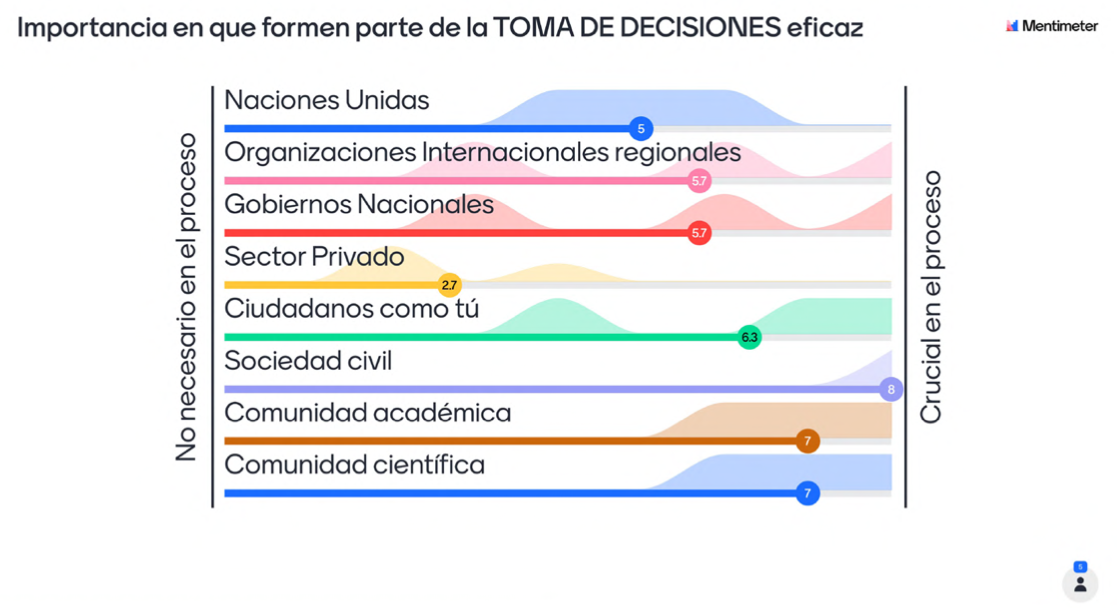
How important is it they are part of effective decision-making (United Nations, international regional organizations, national governments, private companies, citizens like you, civic society, academic community, scientific community)
cc-by-sa Platoniq
As a result, the participant group expressed satisfaction with the citizen dialogue and felt that these exercises should be repeated on a regular basis, expressing surprise at being among such a diverse group, which led to a high-level debate. Furthermore, there was agreement that this type of dialogue should be extrapolated to other issues such as climate change, housing, etc.
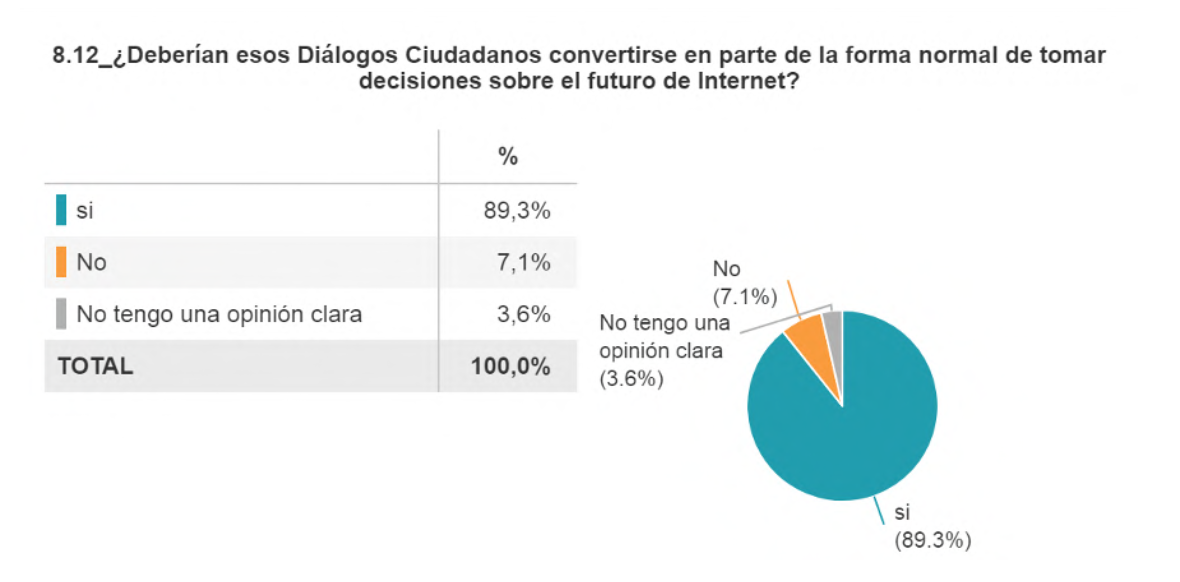
Should these Citizen Dialogues become part of the normal decision-making about the future of the Internet? (Yes / No / I don’t have a clear opinion )
cc-by-sa Platoniq
Platoniq therefore intends to continue activating citizen dialogues on the future of the Internet and hopes to continue collaborating with Missions Publiques and the network of national partners in the coming challenges. From this dialogue, we take on board the mandate of the participants, who call for extrapolating this type of deliberations to more thematic areas. We intend to make the model sustainable and replicate it in new scenarios. We are developing ideas such as #WeTheClimate or #WeTheYouth, dialogues to alleviate the political disaffection of youth.
Being aware that a dialogue of these characteristics requires maximum transparency, we are committed to a 100% open format using the open source platform Decidim for future replications.
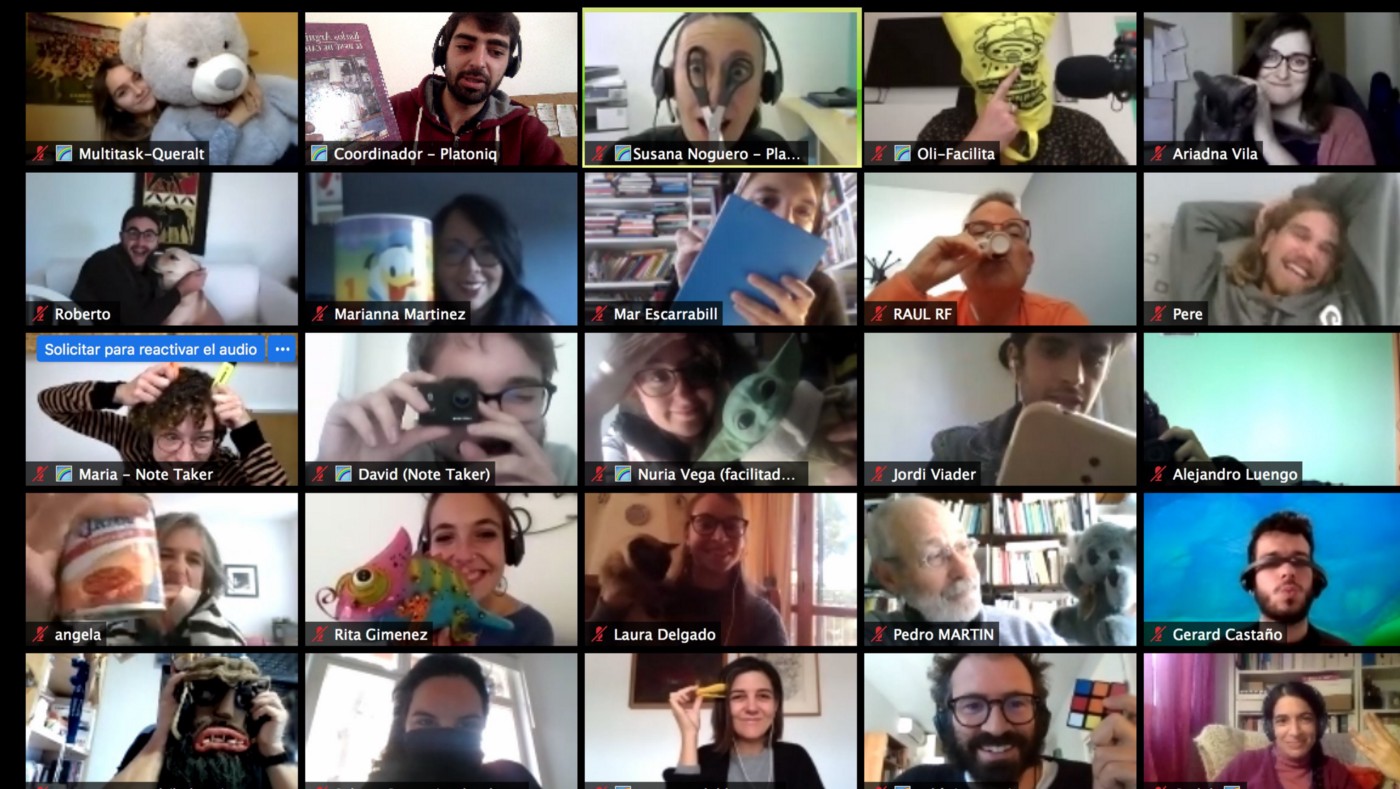
Citizen dialogues are key to citizen empowerment, allowing citizens to become fully aware of the impact of their participation and the technologies they use in the development of society.
Do you want to empower citizens to get involved in public affairs by guaranteeing the right to information and fostering deliberation? Let’s get going!



